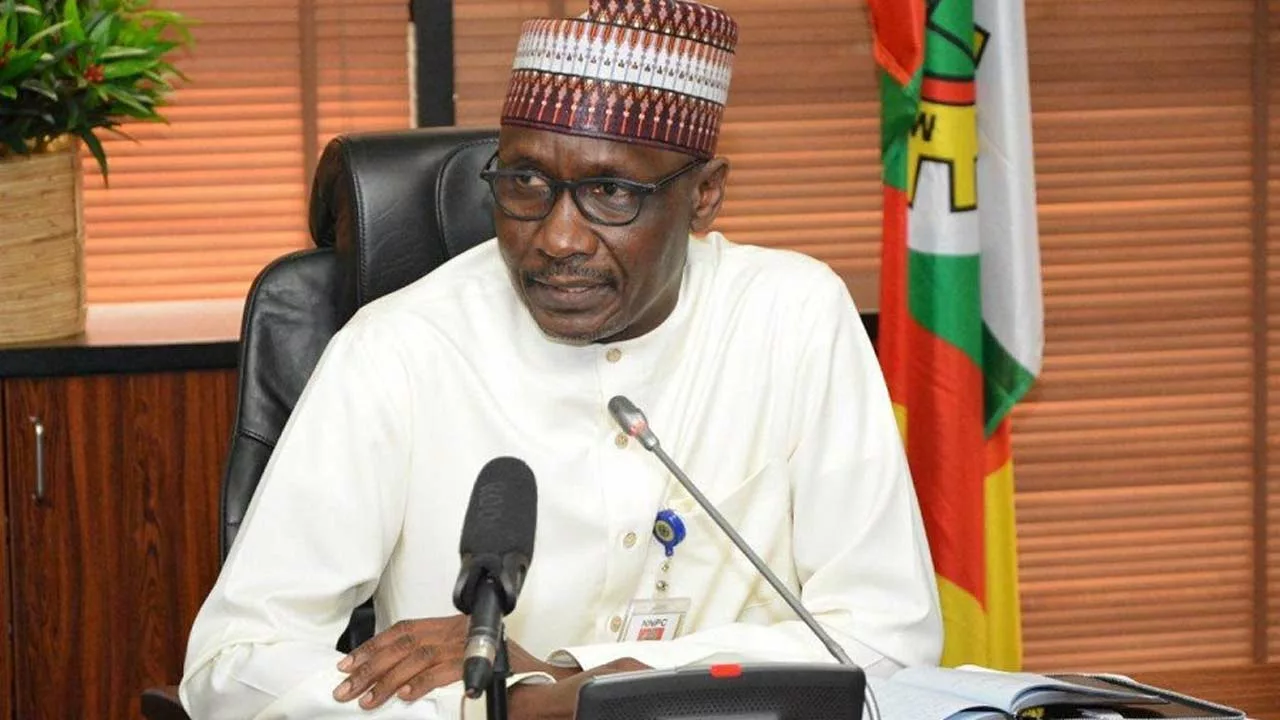The Federal Government has proposed to spend N6.72 trillion on petroleum subsidy officially called premium motor Spirit (PMS) for the year 2023 fiscal year. Although the year 2022 subsidy as designated by the federal government is N2.3trillion less than the next year's proposal, this is as the subsidy is penciled to run until May next year. Experts foresee that with such a huge amount being projected for the petroleum subsidy, it may be near impossible for states to receive an allocation from the oil revenue with a high expectation that the federal government may upgrade its borrowing spree to foot capital expenditure.
The information was disclosed by the Minister of Budget and National Planning, Mrs. Zainab Ahmed during a public presentation for the year 2023 – 2025 Medium Term Expenditure Framework and Fiscal Strategic Paper (MTEF and FSP), in Abuja, though she advocated truncating the subsidy regime after May next year.
The Minister also presented two scenarios on how the government will implement the 2023 budget.
According to her, the first picture is “The subsidy on PMS is estimated at N6.72 trillion for the full year 2023”. This amount, she said, “Will remain and be fully provided for by the NNPC on behalf of the federation”.
And for the second scenario, she revealed “Petrol subsidy will remain up to mid-2023 based on the 18-month extension announced early 2022, in which case, only N3.36 trillion will be provided for”.
However, she disclosed “Both scenarios have implications for net accretion to the Federation Account and projected deficit levels”.
Although she disclosed the total budget for the year was pegged at N17trillion for the first scenario and N16 trillion for the other.
Mrs. Ahmed noted, “The draft 2023-2025 MTEF/FSP has been prepared against the backdrop of continuing global challenges occasioned by lingering COVID-19 pandemic effects, as well as higher food and fuel prices due to the war in Ukraine”.
Consequently, she revealed this could not go without revenue implication which she said is “The new arrangement has indicated that NNPC will not be contributing monthly to the Federation as they used to in the past. But NNPC will be paying royalties, dividends, and taxes. So, while the revenue might not be monthly, we will work on an arrangement on how this will be paid.
She explained that “And it is possible to work out an arrangement where the payments could be monthly or quarterly. So, I was just saying that in a new arrangement regime NNPC will not be contributing to the FAAC on a monthly basis, but NNPC will still be paying taxes, royalties, and dividends,” she explained further.
Mrs. Ahmed disclosed why the NNPC could not contribute anything to the federation account for about 8months when the NNPC was being collapsed into NNPCL which has fully being implemented now.
She explained further that “Why are we not receiving any revenues from the Federation? The NNPC has been instructed to cover the cost of fuel subsidy on behalf of the federation. So NNPC is not paying the subsidy on its account and I mean, they were not paying the subsidies that would have been remittances distribution and this is the arena that we seek to continue in 2023,”
To get out of the wood by the country, the subsidy regime has to end to free resources for the federal government.
“And that’s why it’s important for us to consider this issue of removal of subsidies very seriously because no marketer is willing to buy PMS after sourcing their foreign exchange and competing with subsidies, it can only be a government agency,” Ahmed insisted.
As the federal government has admitted that the country was in severe revenue stress, it advocated for the diversification of the revenue strategy to put the economy back to track.
The Minister disclosed that figures so far have indicated that the country spends about 90% of its total revenue on debt servicing.
This is further compounded by the rising inflation, which is now 18.60 percent according to the latest figures from the National Bureau of Statistics (NBS).




















